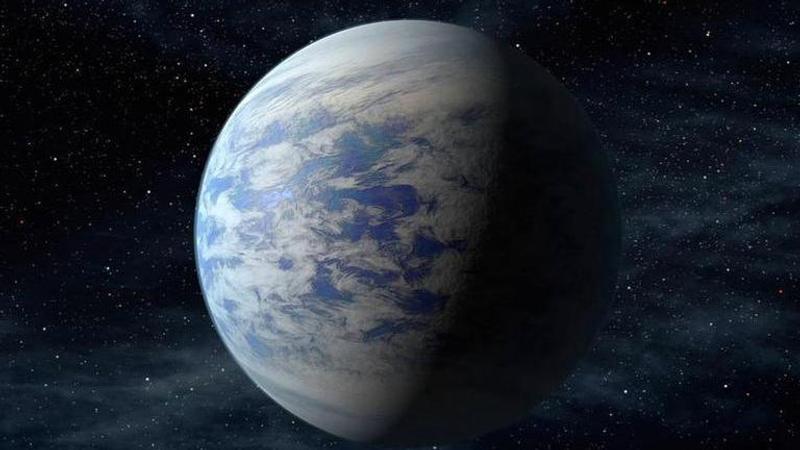Published 23:54 IST, September 14th 2020
Signs of life on Venus? Phosphine gas clouds detected on neighbour planet spark hope
A gas present on Earth which is called phosphine, has been detected in the atmosphere of Venus, hinting towards unknown processes occurring on the planet.

Advertisement
A gas present on Earth which is called phosphine, has been detected in the atmosphere of Venus, hinting towards unknown processes occurring on the planet, suggests a study authored by Cardiff University professor Jane Greaves and her colleagues which was published in the journal Nature Astronomy. It is phosphine that indicates the presence of life on earth. Also, the idea of aerial life in the clouds of venus is fascinating but highly unlikely.
Phosphine gas found on Venus?
Venus is of a similar size to earth and is often considered as Earth’s twin. However, in reality it is an unusual planet that the scientists are trying to study. Study co-author and astrophysicist and planetary scientist at Massachusetts Institute of Technology, Sara Seager, said “Something completely unexpected and highly intriguing is happening on Venus to produce the unexpected presence of tiny amounts of phosphine gas”. Venus is the planet that spins backwards and its thick atmosphere helps in trapping heat.
According to the study, researchers used the James Clerk Maxwell Telescope in Hawaii in the year 2017 and the Atacama Large Millimeter/submillimeter Array in 2019 to study the planet in detail. It was then concluded that there is a spectral signature unique to traces of phosphine in the planet's atmosphere.
According to the scientists, approximately 20 parts-per-billion of the gas is present in Venus' clouds. Seager said that the researchers came out with some extreme possibilities. She said, “(One) is that some unknown chemistry is occurring in the Venus atmosphere, surface, or subsurface," she said in an email statement.
"We find this explanation tough to accept because (of) Venus's temperature and pressure range and the fact that Venus has nearly zero hydrogens mean(s) phosphine is not the natural form of the element phosphorus. Instead phosphorus should be present as phosphates," she added.
Research in future could indicate the reason causing the gas in the atmosphere. However, this can be considered as an indication of chemical processes happening on the planet.
(Image Credits: Nasa.gov)
23:54 IST, September 14th 2020



